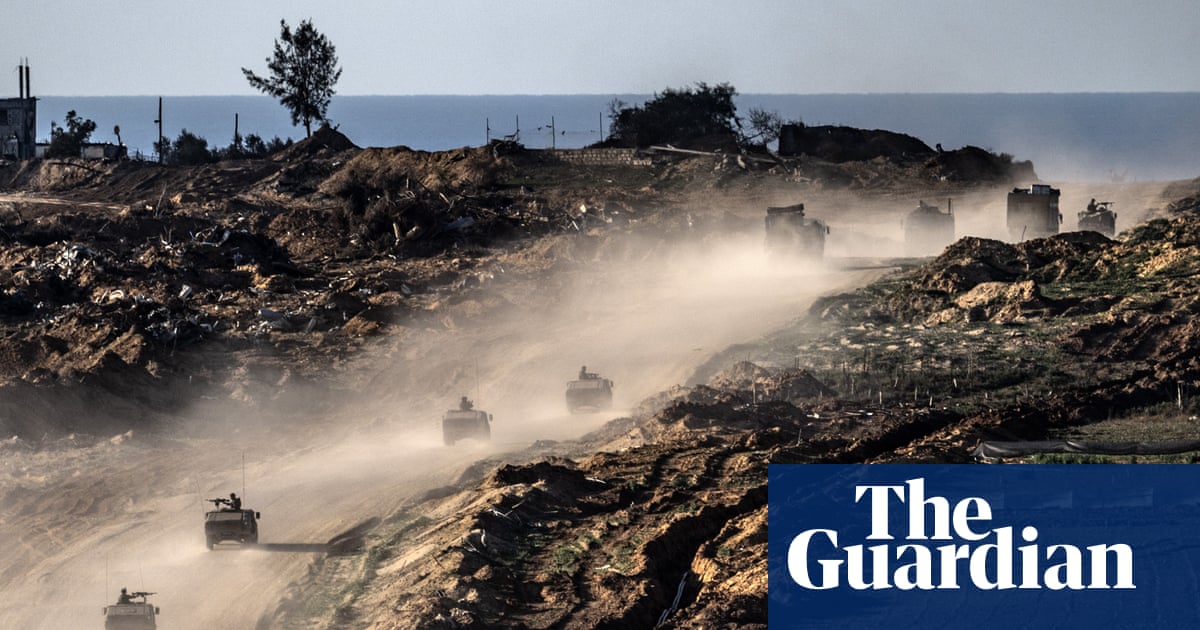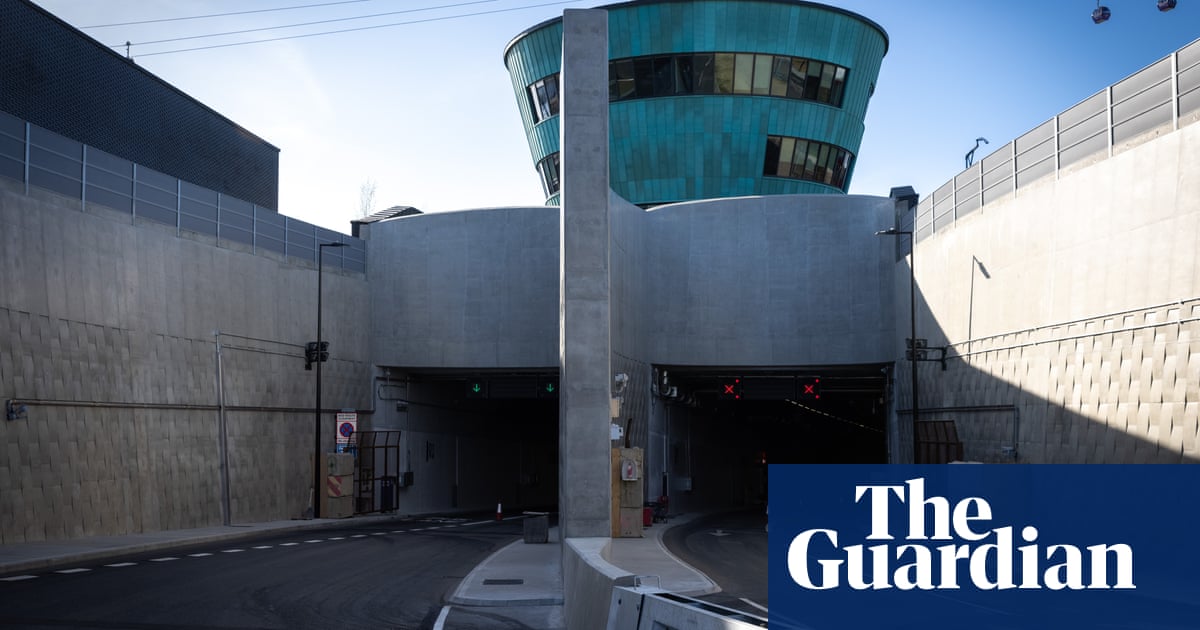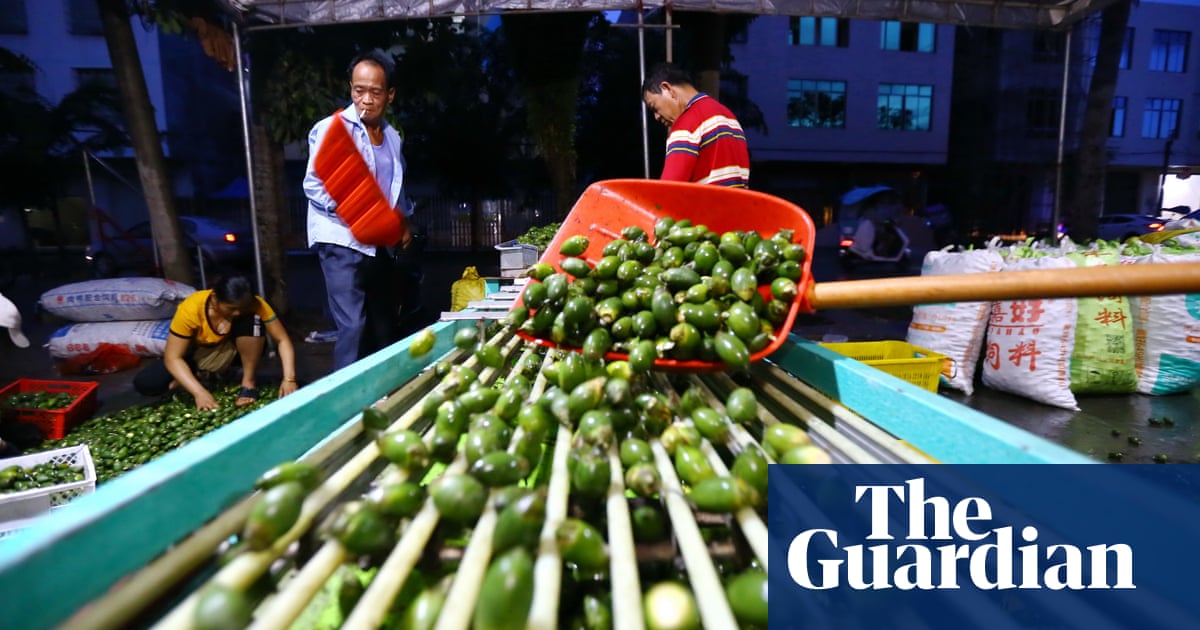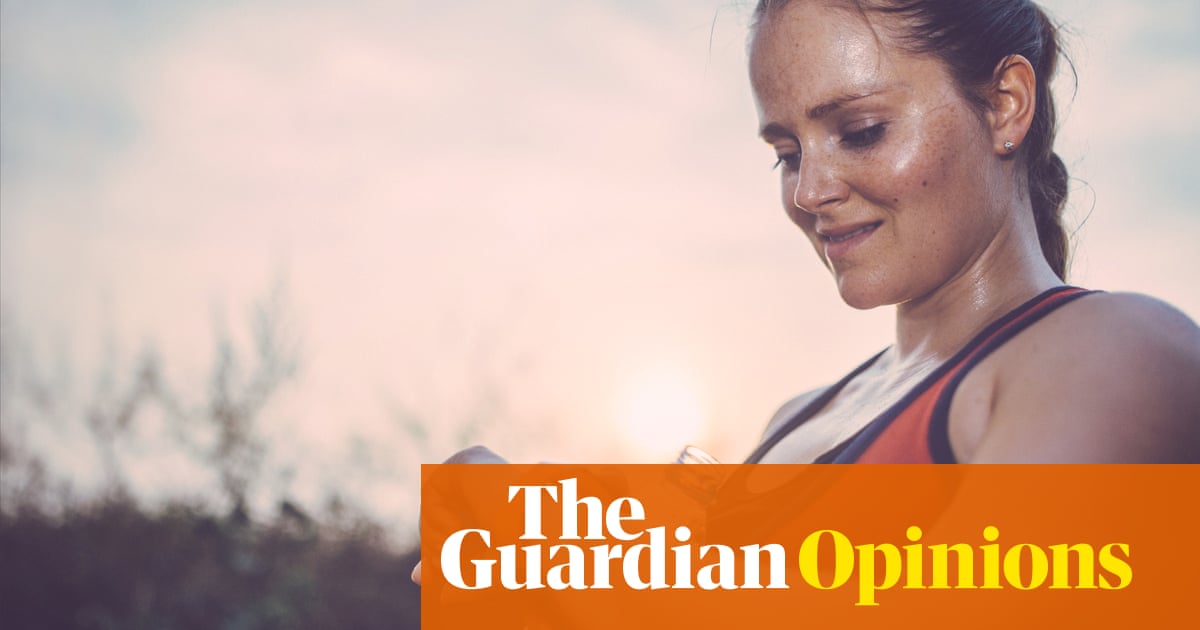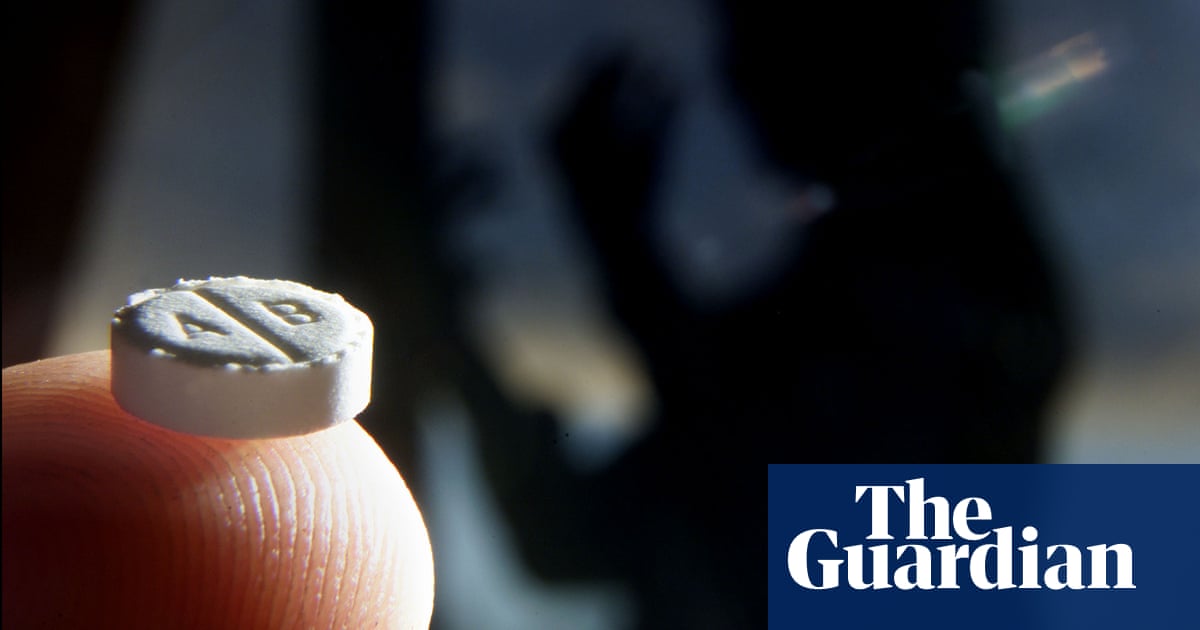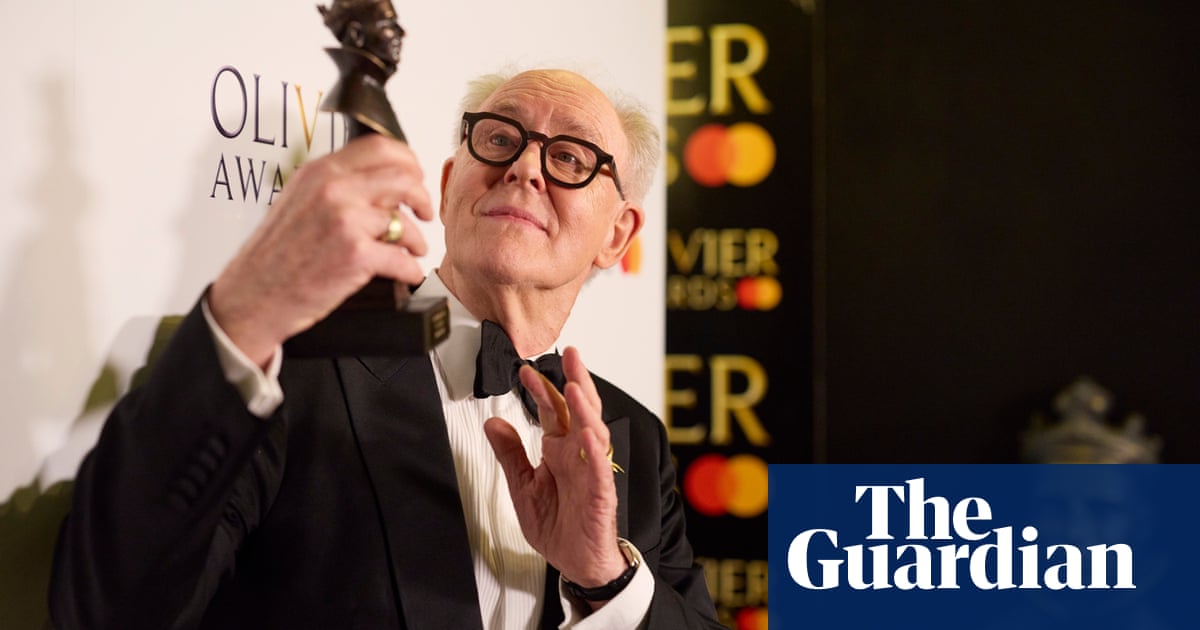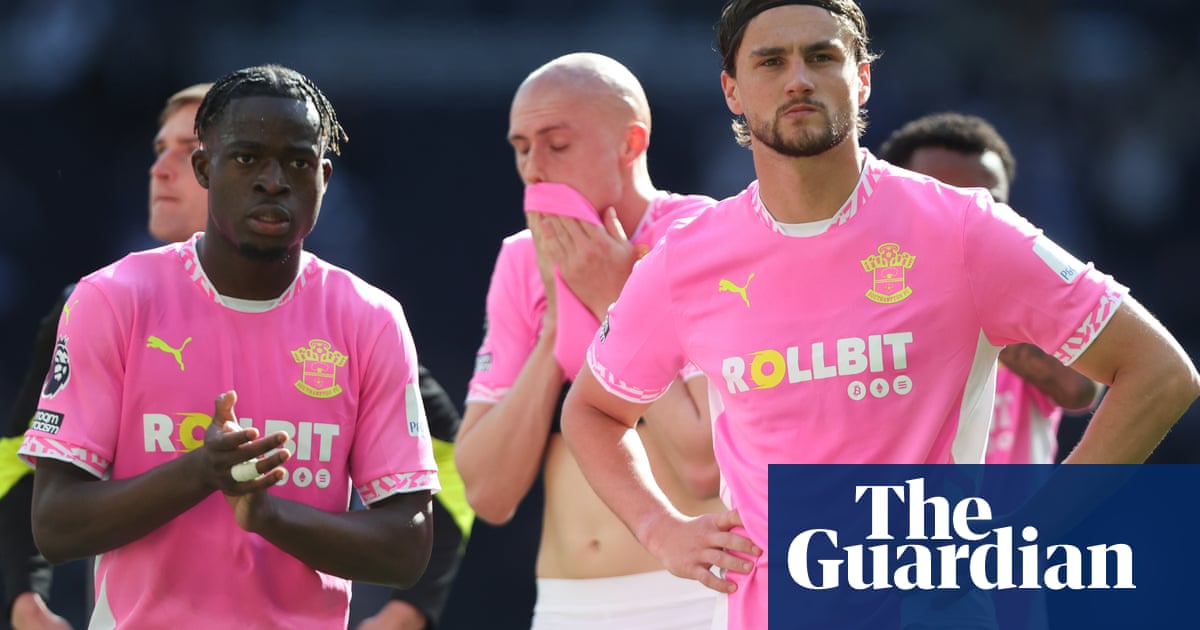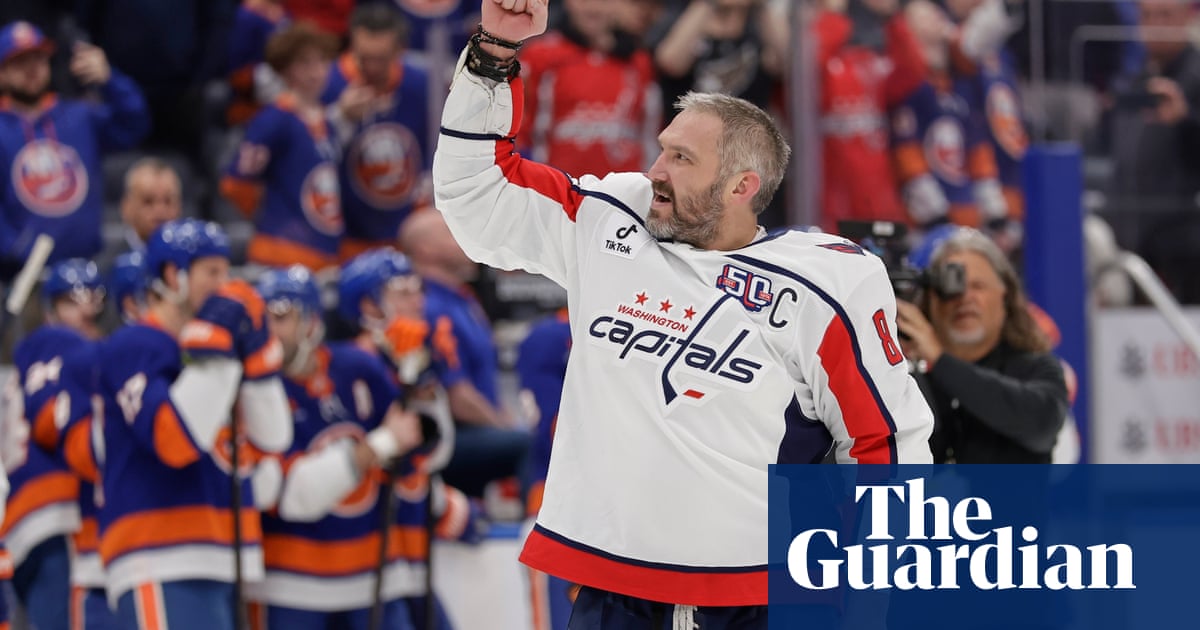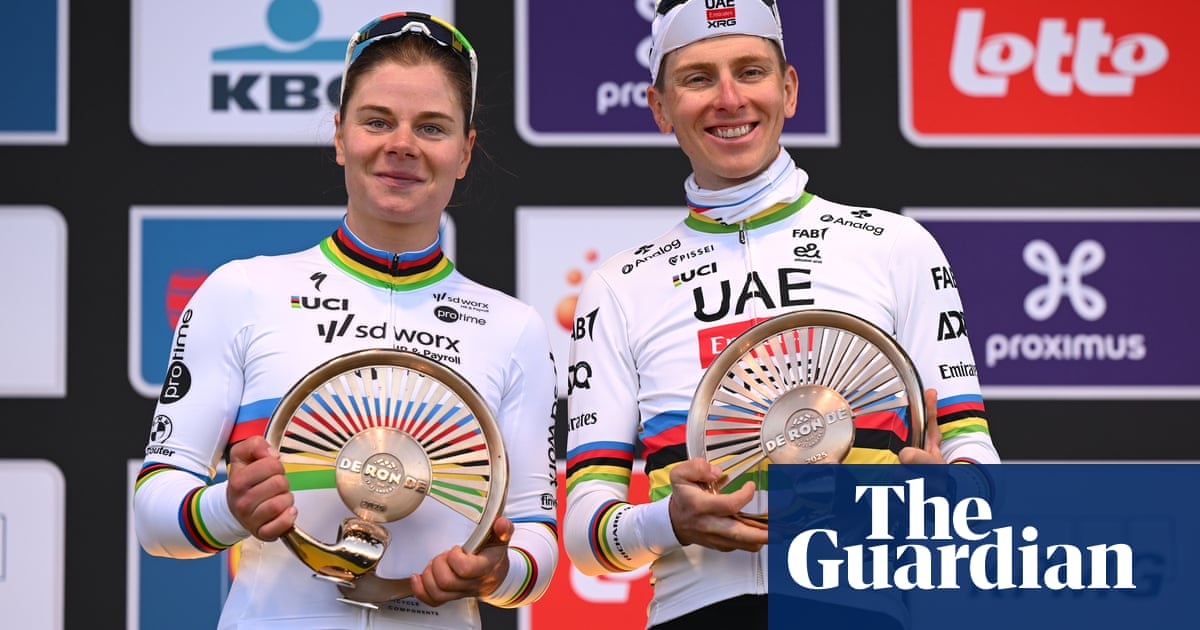Let me tell you about my breasts, of blessed memory. That’s not something I would have said while I still had them. I was quite prim, you see, and maybe I still am, but a double mastectomy gives you license to say “‘breast” over and over again, without the usual consequences. My breasts were real, and they were spectacular.
That’s a Seinfeld reference, if you’re not familiar. Seinfeld was one of the shows that I watched often in my adolescent years when my breasts first asserted themselves. It was among our key texts. We were in late-20th-century America, my breasts and I. It was a time and place that taught me that women’s bodies – breasts, specifically – were objects of desire, and jokes, and danger. Friends, Baywatch, Melrose Place. Clueless, Scream. Britney, Beyoncé. Monica Lewinsky.
My husband says I’ve looked 35 my whole life, and reviewing my high-school photo albums you can see where he’s coming from. I understood that my young breasts could be problematic, so I practised self-defence by staying buttoned-up. I was more likely to be mistaken for a substitute teacher by a younger student (this happened) than nominated to be the prom queen (this, obviously, didn’t). The vibe in my state school was quite conservative. There was a significant contingent of evangelical Christians, as well as a cohort of kids with laser focus on the Ivy League. “Going to Harvard” was our hyper-local slang for sexual intercourse. Two premier teen achievements.
I did not go to Harvard. I was not that kind of girl. For university, my breasts and I crossed the border to Canada, where the drinking age was 18, not 21. We wore sweatshirts that referenced the Harvard of Canada, and there was a strip club called Le Super Sexe a few hundred metres from the library. In Montreal I began to explore the possibilities that my breasts had to offer. Which is to say, I started wearing what was known as a “skank tank” out to nightclubs with my similarly bosomed friends, where older men would buy us, or our breasts, dollar shots topped with whipped cream. They were called “blowjobs”. You drank them with your hands behind your back.
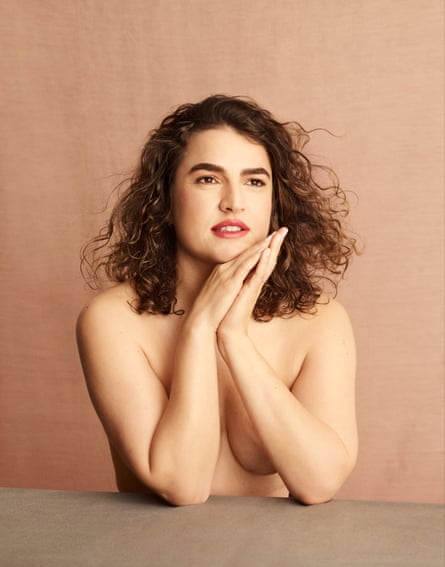
My undergraduate boyfriend, who I dated for a couple of years, told me my breasts were perfect, unlike my face, which he said he’d had to get used to. It was true that my breasts were a source of great, albeit private, pleasure. Back home for the summer, I considered filling out a job application at Hooters (I’d heard the tips were good), but opted for Starbucks instead.
I moved to London as a postgraduate. Here, my breasts got me jobs working behind bars when my pint-pulling experience (nil) would have disqualified me. While I tried to make my mark in journalism that paid in exposure, I made my rent slinging booze in tight, uniform baby tees. When a punter in one particularly low establishment grabbed my breasts, I pushed him away, but didn’t complain. I needed the work more than I needed the trouble.
Sometimes, my breasts got me positive attention, too. Having parted with the boyfriend with whom I’d moved to London, I longed to fall in love again. This wasn’t easy. On nights out, when I chose to wear a top my friends referred to as “man-catching”, it was easy enough to make eye contact with the chap of my choice and reel him in. It was harder, though, to meet someone who wanted to stick around, who wanted to get to know me well after he’d gotten to know my breasts.
My career progressed in fits and starts. Once, twice, three times distinguished male editors offered to help me with my career, but then asked to discuss that career in pubs or private members clubs over glasses of wine. I went for the meetings and then I didn’t follow up because I couldn’t handle the subtext. Maybe some women were able to handle it, I thought, and that made me envy and hate them. Sometimes I tried to talk with people close to me about these distressing encounters. Quite often, “What were you wearing?” was the response. I knew this didn’t mean that I had displayed a risky amount of ankle.
I gave up on my dream of making a living with writing alone and I got a job in advertising. Not an industry known for its progressive attitude towards women, but at 30, I thought I was too old for my breasts to be of such compelling interest. Alas, come the office Christmas party, I found myself on the dancefloor with a colleague all of a sudden twisting my nipples through the fabric of my dress. “This is an issue of consent versus non-consent,” the big boss told me when I made a formal complaint. I struggled to envision the breasts that would agree to it, the person attached to them. Some months later, I quit and moved abroad. My breasts and I were sick of England.
Breastfeeding, I thought, would be the resolution. Why had we shared all of those years of struggle, my breasts and I, if not to nourish my children? I was 37 when I had my first baby, with the Tinder date of my dreams. On our first date, in Brooklyn, I apologised for talking too much. “I could listen to you forever,” he said. OK! We got married within a year. I was pregnant a year after that. In the final weeks I marvelled after a shower at just how large my breasts had become, unfathomably large with nipples like saucers. Sandwich plates? They – we – were ready.
Of course, it didn’t go well. My impression is that this is the case for most new mothers; that it goes badly for so many of us at first, but somehow I only heard from the ones who found it wonderful and natural and easy. Maybe they’re the only ones I paid attention to? Perhaps the reason for breastfeeding attrition is that it’s often horrible.
At my son’s one-month appointment the doctor declared him perilously thin. I could not understand it: I was feeding him constantly, in debilitating pain. The night before his father had brought him to me for yet another feed and I recoiled. “See a lactation consultant,” the doctor said, and that was it. No other advice. Not, for example, a recommendation for formula. It was the lowest moment of my life. My breasts had betrayed us both.
The lactation consultant diagnosed me with a serious nipple infection and a circulation problem, and put me on a gruelling boot camp-style routine of feeding and pumping and feeding and pumping. Six days later the baby and I turned it around. Easy. It had only mentally and physically destroyed me. In time, I became the kind of mother who could sit in a café and whip out a tit to feed my baby without fear or shame. When a man changed his seat to avoid the scene, I thought: Serves you right. He wasn’t a specific problem, but he symbolised one.
Returning to work at six months postpartum (a generous leave for America), I hooked myself up to the office pump and placed my little bags of milk in the fridge, neatly labelled with my baby’s name. It felt bad, but I did it until my boy passed his first birthday. I did it again, for my second child. She didn’t share her brother’s initial feeding difficulties, but at nine months she started refusing the milk I pumped. Insulting. I stopped pumping, but continued to nurse her at home. She bit and pinched me. She didn’t want it any more. A week before her first birthday, I went on a business trip and stopped cold turkey. The last of my breast milk washed down the drain in a shower at a chic hotel in Santa Monica. I was happy to see it go.
“It’s like having a mole removed” is one thing my breast surgeon said to me that I’ll never forget, one remark among many that I heard and noted during what some might call “my breast cancer journey”. I’d rather not. That’s just my feeling. I understood what the surgeon meant, from a physiological perspective – compared to a surgery involving sawing of bone and severing of viscera, it would be a surface wound. And yet.
For all the trouble that my breasts had caused me over the years, I wanted to hang on to them. We were one and the same. But here was the biggest problem of all: cancer. I was 41 and it was caught early. I’d started mammograms young, a gift of my genetics, which were programmed for me to have cancer at some point, in some bodily location. I knew it was coming, but I wasn’t ready for that time and that place. The cancer was just a twinkle on the image when it showed up. Good cancer to get, if you are going to get cancer. (Ideally, you would not get cancer). Mine was the earliest kind of cancer, but widespread, which is why I did not need chemotherapy or radiation, but ended up in line for a double mastectomy.
I lived in America now, with fancy health insurance, which meant it all happened fast. I had six weeks to decide what my new “breasts” would look like. Now, I could choose. I could have perfect breasts! And, of course, in that moment I knew that the only breasts that I wanted were the ones I already had, enormous and sagging after all of that breastfeeding, floppy and pendulous, 32G, and mine. All of a sudden, I realised how much I loved them, how much we’d been through, how much I’d envisioned us growing old together. Now, I’d be leaving them behind, replacing them with a senseless simulacrum.
In the days leading up to the surgery I attempted to preempt our physical detachment with an emotional one. It felt like the end of university, when my flatmates and I became short with each other, unkind, as if that would protect us from the awful loss of moving out and onwards with our lives. What were my breasts good for, anyway? I strapped them into an uncomfortable sports bra and went to the gym, observed how they felt when I jumped rope. Hugged my children. Wondered how my new hug would feel.
On the day before the operation, I went to a clinic to have radioactive dye injected into my armpit, to trace any sign that the cancer had travelled into the lymph nodes (it hadn’t, thank heavens). Lying on the table, I was instructed to rub the area with a circular motion for 10 minutes. This is so tedious, I thought to myself, but then I felt so tender: this was the last full day we’d have together, my breasts and me. In the changing room I took a photo. I – we – looked beautiful, and whole. The next day, we parted.
I still look like I have breasts. In clothes, at least. When you have breast cancer, and people know you’ve had breast cancer, they look at your breasts. They can’t help themselves. A quick glance down, and then up again. Sheepish. I don’t mind too much. It harkens back to our heyday, my late breasts and me. What’s in my chest now are silicone implants, filled with saline. I can feel my whole rib cage beneath them. If I jump, I can sometimes hear them slosh. Sometimes I forget they’re there. Sometimes I go outside on a cold day and wait for my nipples to harden, but they don’t, because I don’t have nipples.
My new breasts are much smaller than my natural ones. That’s what I asked for. They’re fine; that’s what I say if anyone wonders how I feel. They’re fine, I say. They’re fake and they’re unremarkable. They’re not my breasts. I miss them.
Breasts: A Relatively Brief Relationship by Jean Hannah Edelstein is published by Phoenix at £12. Order it from guardianbookshop.com for £10.80

.png) 23 hours ago
4
23 hours ago
4


